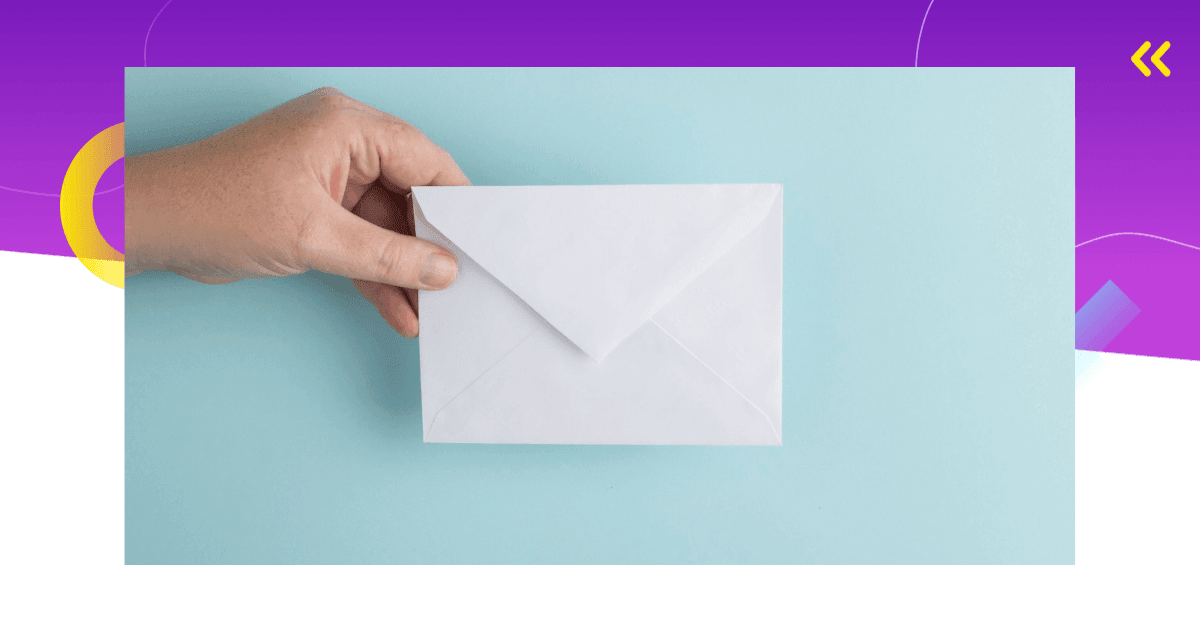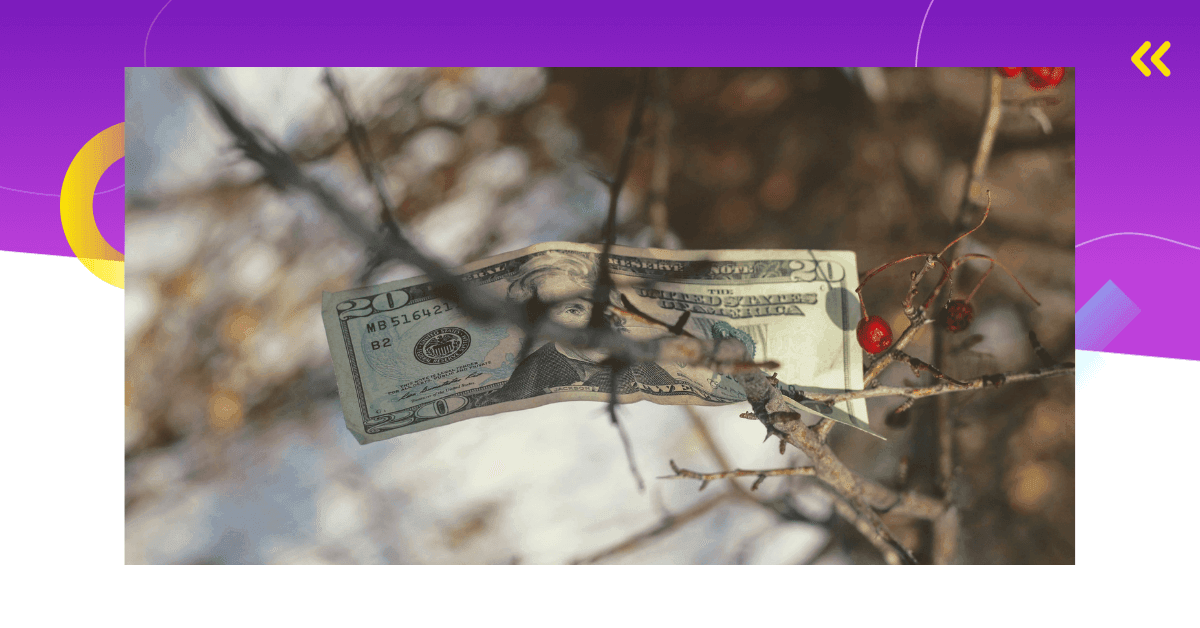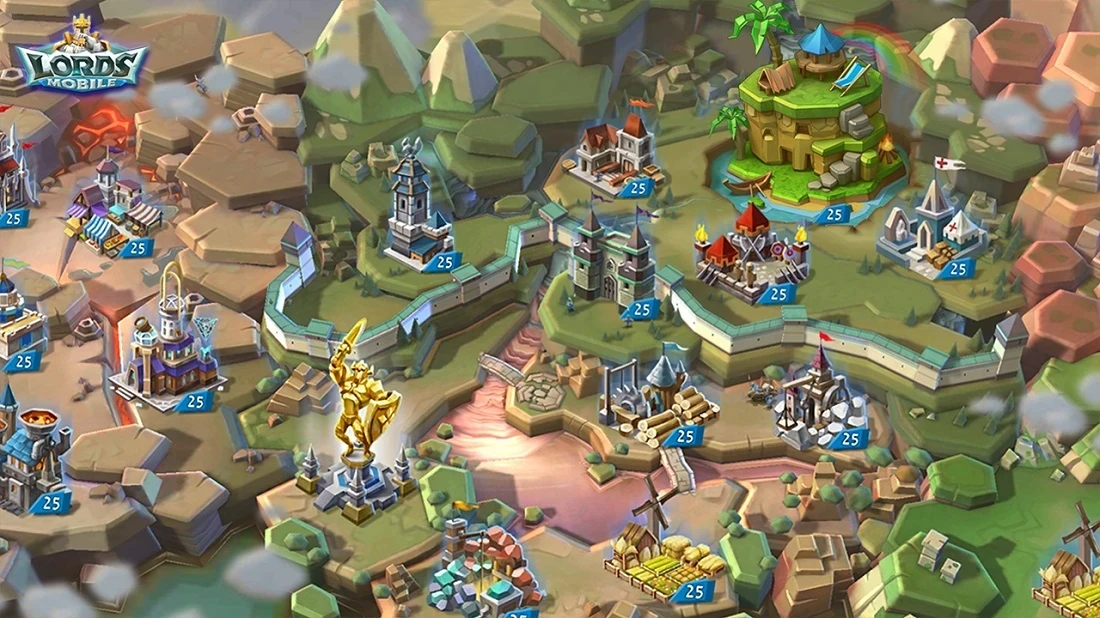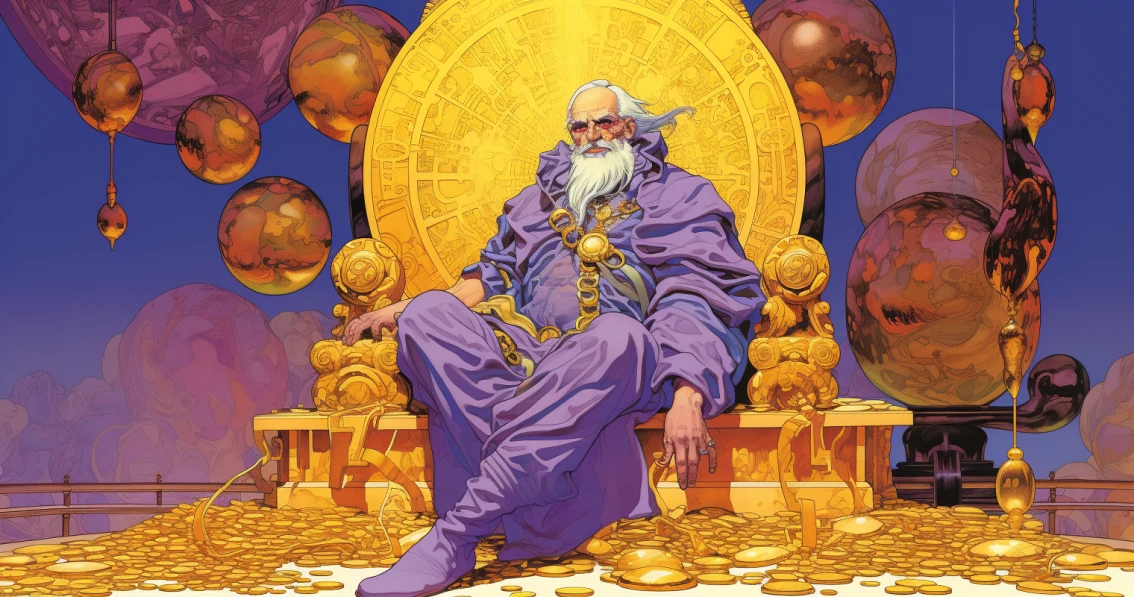Your discounts are really generous. You’ve worked really hard on your in-app purchase strategy.
But somehow, it just doesn’t seem to work?
Perhaps it’s time to rethink your game’s monetization messaging. In this article, we bring you all the tips you need to deliver messages that convert.
Let’s get started.
Why Is Monetization Messaging Such a Big Deal?
Creating a great in-app purchase strategy is much more than determining price points.
Don’t get me wrong, pricing is incredibly important. However, how players experience your offers is equally important.
Monetization messaging covers all the ways you address your players. This includes push notifications, daily rewards notices, IAP pop-ups, etc.
In-app purchase pop-ups are especially tricky. When you’re showing them to your players, you’re selling directly.
You’re in the same position as a telemarketer or a car salesman.
Yikes.
Players know your main goal is to sell, and you have to sweep them off their feet. This means you have to be convincing. The last and worst thing you can do is to use generic, impersonal messages.
Your monetization messaging should be personalized, relevant, and timely. It should highlight your offers’ value in the best possible way.
Monetization Messaging Tips: The Art of Selling
In mobile gaming, it all comes down to player experience. Monetization messaging is no exception.
Here are some tips to help you with creating a great monetization experience.

1. Bring the Right Offer to the Right Player
Never put all of your players in the same basket. Different players have different playing styles, in-game behavior, and purchase preferences.
The first step towards successful monetization messaging is to segment them. Once you do that, you will be able to deliver relevant offers.
Let’s say you have a first-person shooter game. There are plenty of things you can offer your players – different guns, gun skins, characters, loot boxes, etc. However, not everyone is equally interested in them.
When you segment players, you will find out that player A and player B are two completely different people. Player A is more likely to purchase a more powerful rifle, while player B would like to have a cool rifle skin.
For example, if you have both of these in the same bundle, you can just highlight different items to different players. One version can say “Hey, get this powerful rifle + other items”, and the other player can get a different message.
2. Follow Their Progress and React
Some of your levels are easy, and some are more difficult to pass. Analyze where your players seem to struggle – and provide them the assistance they need.
If you noticed a lot of your players churn on level 6, figure out why that’s the case.
What are players missing most? Is the level simply too difficult? Maybe they are getting bored? Once you figure it out, you can be there for them with the right message.
For example, if you notice that players are lacking something, surprise them with a gift.

Above, you can see how Harry Potter: Hogwarts Mystery did this. This happens at the very moment players run out of energy for the first time in the game. The messaging is a bit generic and feels impersonal, but the timing and the act are right.
Think your players might be bored? They might not be enjoying the game to the fullest. Send them messages like “Have you already seen…?” or “Have you tried out…?”. This way, you can try and entertain them.
Once the players get a taste of everything your game has to offer, you will be more likely to monetize them.

3. Make Them Feel Special
All players crave special treatment. They might not be aware of it, but they do.
Use your offers to let your players know – “hey, you, I’m speaking to you”.
Since you segmented players before, you will know which players are new to the game. Use this information and hit them with offers like a “Newbie Special”, “A Beginner’s Bundle” or a “First Timer Pack”.
When players see offers tailored to them, they feel like the game really gets them. Hence, they will be more motivated to interact with them.
Here’s another idea – customize offers for players who made purchases before.
For example, you can give them titles that make them feel good. For example, you can create a “VIP Buyer Bundle”, or a “Gold Buyer Special”.
If they get offers like these, they will feel more exclusive. Therefore, these players will be more likely to keep spending.

4. Structure the Offer Right
If you want to give your players a special offer as a pop-up, keep it simple and minimal.
Give your players an offer they will buy or regret not buying.
Here are a few main features that make a good in-app purchase pop-up:
- Personalization
- A sense of urgency
- Clear value
- Minimalism
I’ve already covered personalization, so let me explain the other must-have features.
When I say a sense of urgency, I don’t necessarily mean including a timer. Yes, timers are one option, but you can also express urgency with words. For example with “one-time-only” or “limited offer”.
The offer should also clearly state the benefit the players are getting. Don’t just put the item without any context, explain it. For instance, if you’re offering a health potion, you can include an explanation like “Continue with a full HP bar” or “Keeps you from dying”.
This is a good idea if you’re only offering one item. However, if you’re offering a bundle deal, you don’t have to explain every item.
When it comes to highlighting the benefits, you can deliver a promise. If it’s true for your offer, hit them with words like “instant”, “right now”, “quickly” or “immediately”. This makes players assured that their purchase will pay off right away.
By minimalism, I mean watching out for clutter. If the offer is discounted, you can cross the old price and bring in the new one. However, don’t throw discount signs and phrases like “top offer” or “best value” all over the place.

5. Create an Emotional Connection
Every time your game speaks to players, it forms some kind of a connection. To make this connection as positive as possible, consider the tone of voice you’re using.
Your tone of voice should have a distinctive personality. As such, it should be consistent throughout the game. To help you achieve this, use a persona while writing in-game messages.
The main thing to avoid is using a commanding tone of voice. Be the players’ friend, not their boss.
If your game type allows it, use likable in-game characters. These characters usually guide players through the game. This way, they earn their confidence and maybe their affinity.
These characters can also “advise” players to make purchases. If they’ve already established some kind of a trusting relationship with the player, this can bring better results.
6. Watch Out for Too Many Messages
Even if you’re sending out the most carefully crafted messages, one thing can ruin them – their frequency.
If you send out in-game messages too frequently, they will start to annoy players. After that, they will learn to completely ignore them. Even worse, frequent messages can make them uninstall your game. Ouch, I know.
How do you find the right balance? A/B test.
Once you find the ideal number of messages to send, set up daily, weekly, or monthly limitations.
This is the only way to ensure that most of your players aren’t sick and tired of your offers.
7. Test, Test, Test
Have I said test already? Really, this is the ultimate way to make your monetization messaging great.
Only with testing will you be able to deliver customized and relevant messages to your players. If you do that, there is a higher chance they will engage with them.
What if you spot a group of players that don’t seem to get the message? Don’t be afraid to try out a different approach.
Want to notify a group of your players about a free reward (e.g., a sword)? First, test until you find the best message to use for this group. Second, try delivering it on different levels or stages.
After a while of testing, you will find the best way and timing to deliver the message.
Offer vs. Offer: Monetization Messaging Analysis
Let’s compare two different in-app purchase pop-ups from two completely different games, Lords Mobile and Archero.

In this offer by Lords Mobile, we can see several best practices in action.
First of all, it is called “A New Adventure”. This title speaks to new players, making them feel special. The text “One-Time Offer” is there to bring a sense of urgency.
The offer also explains what it highlights – the heroes. Another thing it does right is highlighting the percentage of bonus gems players can receive from it.
On the flip side – the offer seems visually cluttered. The messages are solid, but they could be distributed better.

This offer by Archero isn’t exactly based on best practices.
The most obvious flaw is that it does not explain the benefit of the offer. It would be better if “You must need this!” was replaced by a benefit explanation.
Okay, it appears at level 6 and players probably know how to use this item. However, a text like “Upgrade your weapon instantly” would be 100% clear to all players.
On the other hand, it’s good that players can see a price comparison. This gives them a clear and instant perception of the offers’ value.
Monetization Messaging: Over to You
As you can see, monetization messaging is a very powerful tool. Therefore, make sure to use it right.
If you have any questions or anything to add, let me know in the comments below!







Comments